Κείμενο
Το ζω καθημερινά. Κάθομαι στο τραπέζι με άτομα που ούτε έχουν σπουδάσει ούτε έχουν πείρα σε θέματα ιατρικής διατροφολογίας και τα ακούω να δηλώνουν με σιγουριά φράσεις όπως “δεν τρώω υδατάνθρακες γιατί παχαίνουν”, “δεν τρώω κρέας γιατί βουλώνει τα αγγεία”, “αυτή την περίοδο κάνω διαλειμματική νηστεία για να αυξήσω το μεταβολισμό μου”, και άλλα παρόμοια. Όταν τους ακούω, το μόνο που αναρωτιέμαι είναι: από πού πηγάζει αυτή η σιγουριά; Πώς είναι τόσο σίγουροι ότι οι υδατάνθρακες παχαίνουν; Ποιος έχει επιβεβαιώσει ότι το κρέας βουλώνει τα αγγεία; Γιατί είναι τόσο σίγουροι για θέματα που η επιστήμη της διατροφής δεν έχει καταλήξει ακόμα; Αυτό που φαίνεται εδώ είναι το φαινόμενο Ντανινγκ-Κρουγκερ, μία νοητική πλάνη που μας κάνει να πιστεύουμε με σιγουριά πράγματα για τα οποία δεν θα είμασαν τόσο σίγουροι αν γνωρίζαμε περισσότερα. Το 1999 τον δίδυμο των διάσημων ψυχολόγων Ντάνινγκ και Κρούγκερ δημοσίευσε μία τεράστιας σημασίας μελέτη που περιέγραφε το φαινόμενο πού πήρε το όνομα τους. Η μελέτη είχε ως εξής: ζήτησαν σε κάποια άτομα να συμμετέχουν σε εξετάσεις και μετά τους ζήτησε να εκτιμήσουν πού περίπου βρίσκονται τα αποτελέσματα τους σύμφωνα με το μέσο όρο. Αυτό που ανακάλυψαν ήταν ότι οι λιγότερο ικανοί συμμετέχοντες της μελέτης, αυτοί που τα αποτελέσματά τους βρισκόταν κατά μέσο όρο στο 12%, πίστευαν ότι βρίσκονται στο 62%. Σαν να λέμε ότι, αν το μέσο όρο στις εξετάσεις ήταν το 10 στα 20, οι συμμετέχοντες που πήραν βαθμό 2,4 στα 20 να πιστεύουν ότι έχουν πάρει 13 στα 20. Οι ερευνητές περιέγραψαν αυτή την πλάνη σαν μία αδυναμία του μυαλού να γνωρίζει ότι δεν γνωρίζει. Το φαινομενο Ντανινγκ-Κρουγκερ περιγράφεται πάρα πολύ ωραία με μία καμπύλη που δείχνει τη γνώση μας για ένα αντικείμενο και τη σιγουριά που νιώθουμε σχετικά με το πόσο καλά το γνωρίζουμε. Ας πούμε ότι κάποιος δεν γνωρίζει τίποτα για διατροφή. Σε αυτή τη φάση δεν έχει καμία γνώση για το αντικείμενο και είναι σίγουρος ότι δεν ξέρει. Για κάποιο λόγο αποφασίζει να μπει στο internet και να ψάξει να

βρει κάποια πράγματα σχετικά με διατροφή. Σύντομα οι γνώσεις του αρχίζουν να αυξάνονται, αλλά η αυτοπεποίθησή του αυξάνεται πολύ ταχύτερα σε σχέση με τις γνώσεις του. Φτάνει γρήγορα να νιώθει πολύ υψηλή αυτοπεποίθηση και σιγουριά για αυτά που ξέρει και συχνά γίνεται ευαγγελιστής της διατροφής. Αρχίζει να διδάσκει τις γνώσεις του σε όλους με μεγάλη σιγουριά. Ο Σωκράτης είχε πει: “ το μόνο που ξέρω είναι ότι δεν ξέρω”. Για τα άτομα όμως που βρίσκονται σε αυτό το σημείο της καμπύλης ισχύει ακριβώς το αντίθετο: είναι σίγουροι ότι ξέρουν. Συχνά γίνονται ευαγγελιστές αυτού που νομίζουν σωστή διατροφή και το κηρύσσουν σε όλους με πάθος. Μάλιστα συχνά αναρωτιούνται γιατί εμείς που έχουμε σπουδάσει τόσα χρόνια και έχουμε αφιερώσει την επαγγελματική μας ζωή σε αυτό το επιστημονικό αντικείμενο δεν βλέπουμε ξεκάθαρα αυτά που διδάσκουν. Όταν διακριτικά διαφωνούμε με αυτά που λένε, συχνά πιστεύουν ότι μάλλον δεν έχουμε διαβάσει καλά, ή ότι ακόμα και ότι παίρνουμε λεφτά από “τους άλλους”. Τους κακούς. Δηλαδή αυτούς που ευαγγελίζονται με πάθος το αντίθετο. Αν όμως επιμείνουν, αν αρχίζουν να διαβάζουν περισσότερα, και ακόμα καλύτερα αν αναγκαστούν να αναλάβουν να βοηθήσουν άτομα που τους εμπιστεύονται για να τους καθοδηγήσουν, αρχίζουν να βλέπουν ότι αυτά που πιστεύουν με πάθος δεν δουλεύουν σε όλους. Για το 25χρονο παλικάρι που γυμνάζεται μπορεί το να κόψει τους “υδατάνθρακες” να είναι αρκετό για να κάνει σώμα που αξίζει να το βγάλει στο instagram, αλλά όταν έρχεται η 50χρονη γυναίκα στην κλιμακτήριο και ζητάει καθοδήγηση καταλαβαίνει ότι αυτό που της συστήνει να κάνει την παχαίνει αντί να την βοηθάει να χάσει κιλά. Σε αυτό το σημείο, αν είναι φαιδρός, θα επιτεθεί στην καημένη την πελάτισσα, κατηγορώντας την ότι του λέει ψέματα, ή ότι δεν τηρεί σωστά τις οδηγίες, ή κάτι παρόμοιο. Αν όμως δεν είναι τόσο φαιδρός, μπορεί να περάσει στη δεύτερη φάση και να καταλάβει ότι οι γνώσεις του τελικά είναι πολύ λίγες και να νιώσει απελπισία. Αν αντέξει τις πολλές αρχικές απογοητεύσεις και

συνεχίσει να μελετάει και να εφαρμόζει τις γνώσεις του μπορεί μετά από πολλά χρόνια να φτάσει στο τρίτο στάδιο. Στο στάδιο που ξέρει αρκετά πράγματα ώστε να μπορεί να βοηθήσει χωρίς ποτέ όμως να είναι απόλυτα σίγουρος για αυτό που συστήνει. Είναι εκείνο το σημείο που προσεγγίζουμε το αντικείμενο με περιέργεια και ενθουσιασμό. Τότε που οι αποτυχίες μας δεν προκαλούν απογοήτευση, αλλά ανοίγουν ένα νέο πεδίο γνώσης και εμπειρίας. Όπως είχε πει και ο διάσημος οδηγός φόρμουλα 1 Νίκι Λάουντα: “Με τις νίκες δεν έμαθα ποτέ κάτι. Μόνο με τις ήττες μου γινόμουν καλύτερος οδηγός”. Πώς όμως μπορούμε να καταλάβουμε όταν κάποιος μας δίνει μια συμβουλή για οτιδήποτε ότι γνωρίζει ή ότι είναι άσχετος; Αφού η σιγουριά και η αυτοπεποίθηση δεν μπορούν να μας βοηθήσουν να καταλάβουμε ποιος γνωρίζει καλά ένα θέμα ή όχι, υπάρχει κάποιος άλλος τρόπος για να μπορέσουμε να καταλάβουμε αν αυτός που μιλάει ή αυτά που μας λέει προέρχονται από πραγματική βαθιά γνώση; Υπάρχουν δύο τρόποι. Ο ένας τρόπος είναι να εξετάσεις αν αυτός που μιλάει έχει ανάλογα πτυχία και εμπειρία στο θέμα για το οποίο μιλάει. Αν κάποιος έχει σπουδάσει σε βάθος το αντικείμενο για το οποίο μιλάει και δουλεύει καθημερινά πάνω σε αυτό αποκτώντας την εμπειρία που χρειάζεται, τότε είναι πολύ πιθανόν αυτά που λέει να είναι σωστά. Υπάρχουν όμως περιπτώσεις που υπάρχουν άνθρωποι οι οποίοι έχουν πτυχία αλλά είναι άσχετοι και περιπτώσεις ανθρώπων που δεν έχουν πτυχία, αλλά πραγματικά έχουν βαθιά γνώση σε ένα αντικείμενο γιατί έχουν κάνει από μόνοι τους πολύ σημαντική έρευνα. Εκεί τι μπορούμε να κάνουμε; Προσέξτε τον τρόπο που μιλάνε. Αν ακούτε συχνά λέξεις που δείχνουν μετριοπάθεια, ταπεινότητα και έλλειψη βεβαιότητας, όπως “ίσως”, “μπορεί”, “συχνά”, “συνήθως”, “στις περισσότερες περιπτώσεις”, “νομίζω”, “έτσι φαίνεται” και παρόμοιες εκφράσεις, είναι πολύ πιθανό το άτομο που μιλάει να έχει γνώσεις. Αντίθετα αν ακούτε απόλυτες εκφράσεις που δείχνουν σιγουριά και αυτοπεποίθηση, όπως “σίγουρα”, “πάντα”, “οπωσδήποτε”, “πότε”, “με

τίποτα”, “δεν υπάρχει περίπτωση”, “είμαι απόλυτα σίγουρος”, τότε είναι πολύ πιθανό το άτομο που τα λέει αυτά να γνωρίζει τόσο λίγα ώστε να μην πρέπει να τον εμπιστευτείτε για αυτό το θέμα. Αν θέλετε να δείτε την δικιά μου πορεία στο φαινόμενο Ντάνινγκ-Κρούγκερ, πρέπει να δείτε το βίντεο που έχει εμφανιστεί δεξιά μου. Ευχαριστώ πολύ.

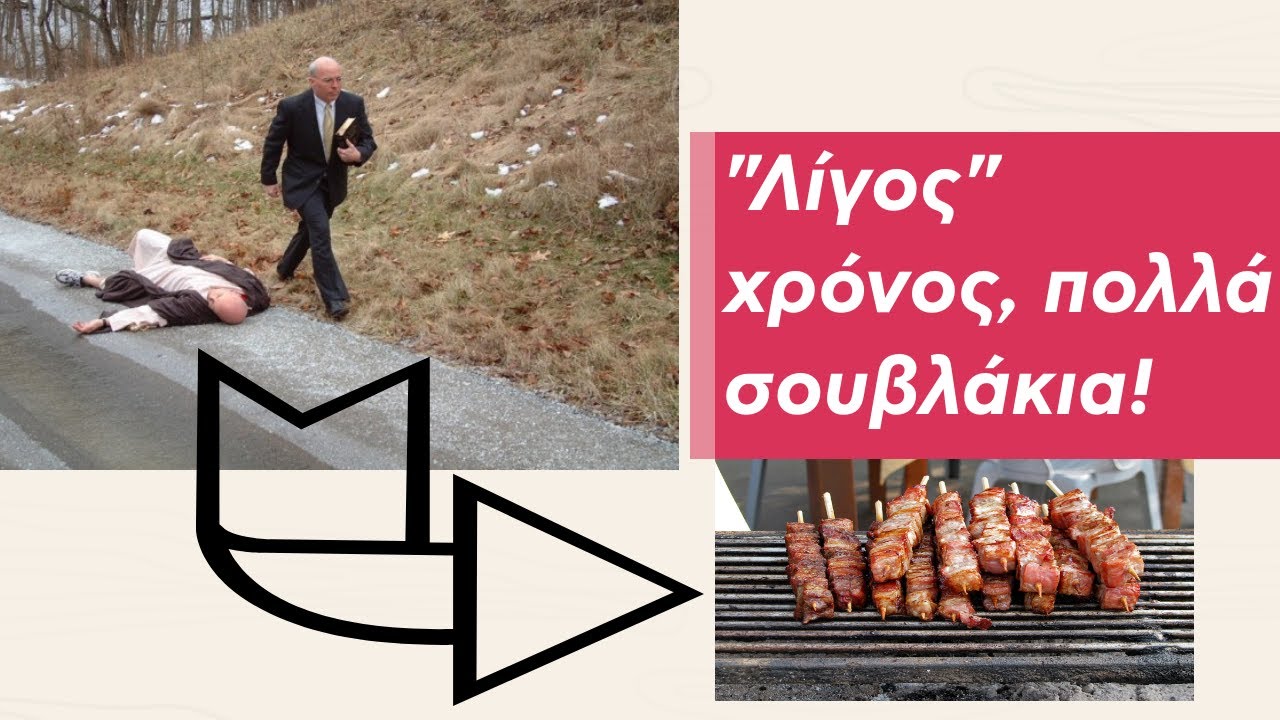
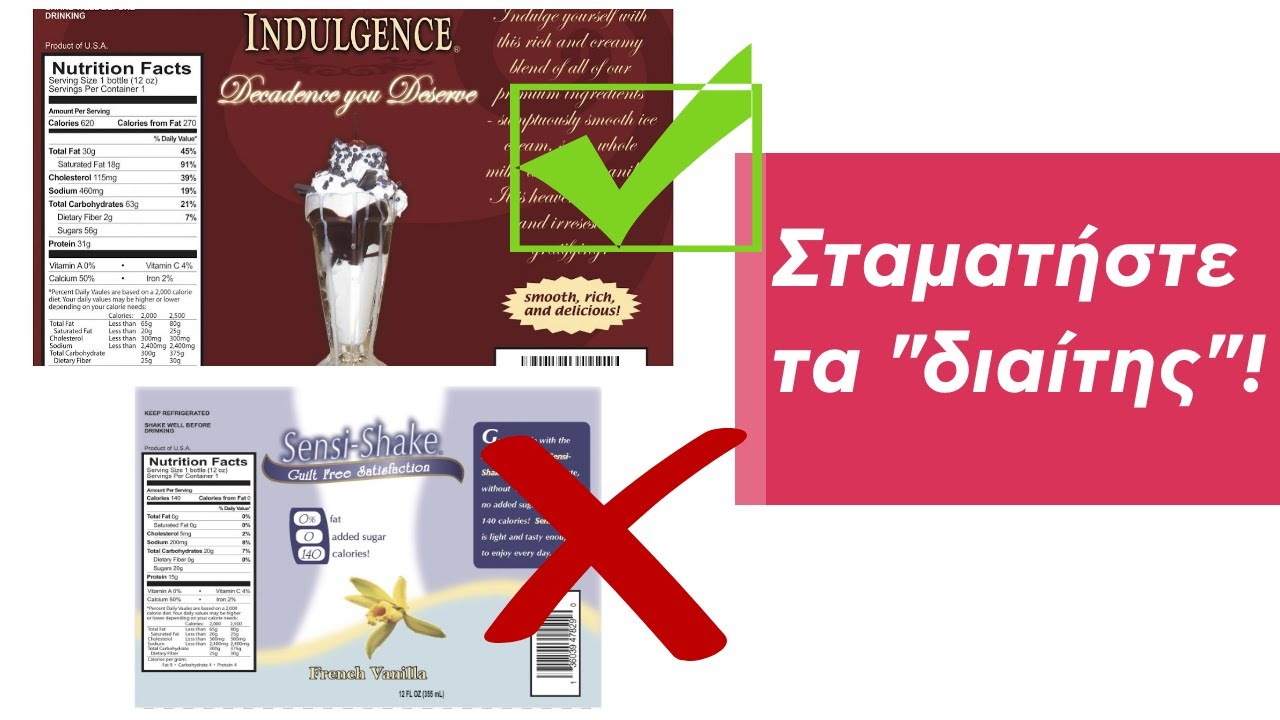
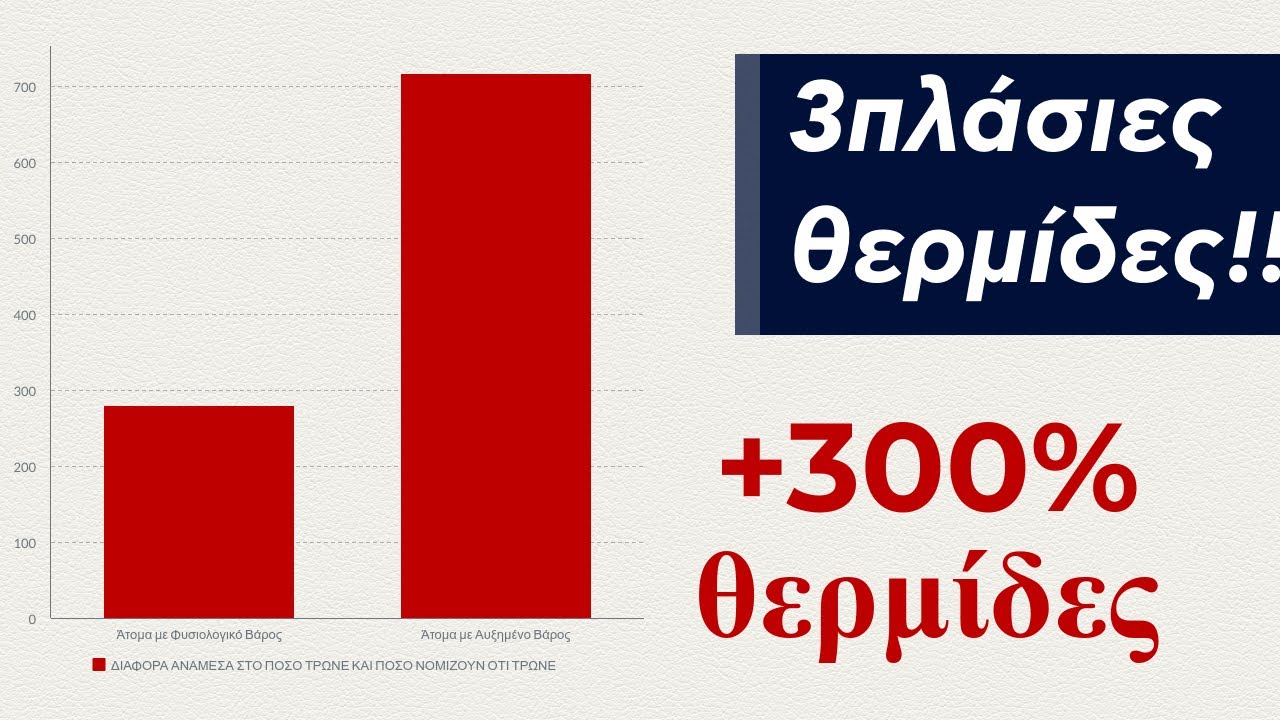
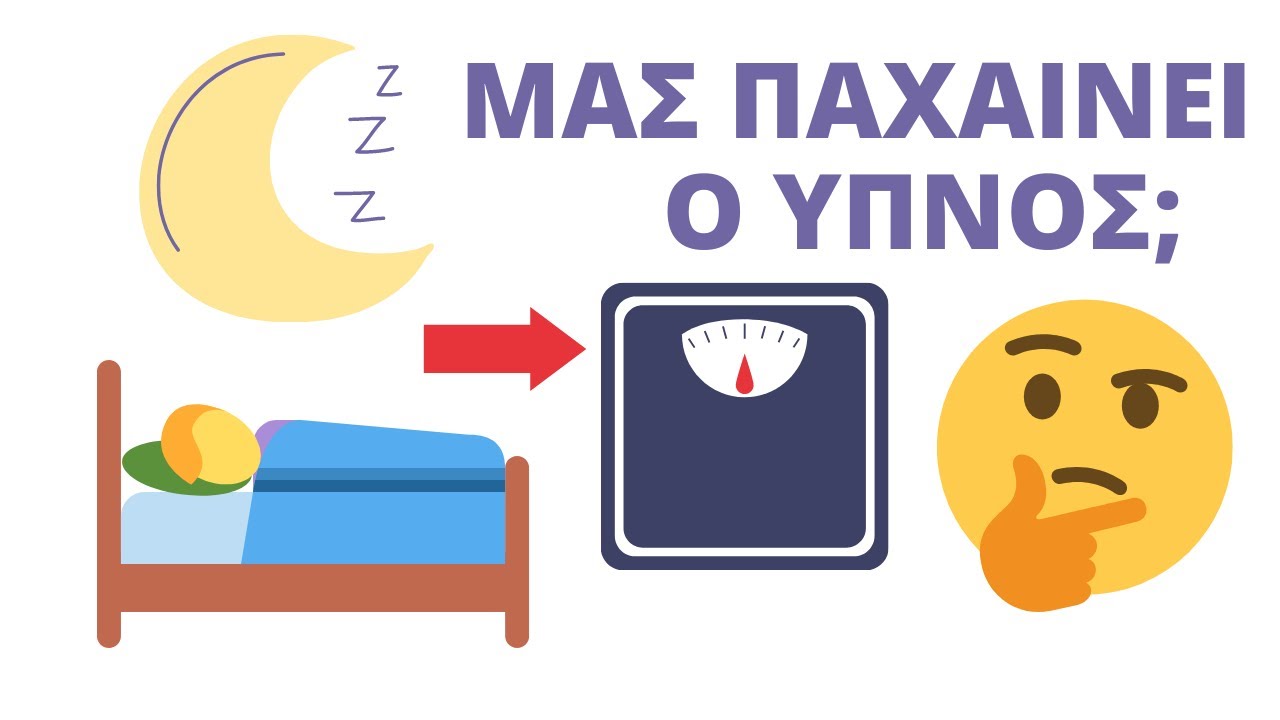

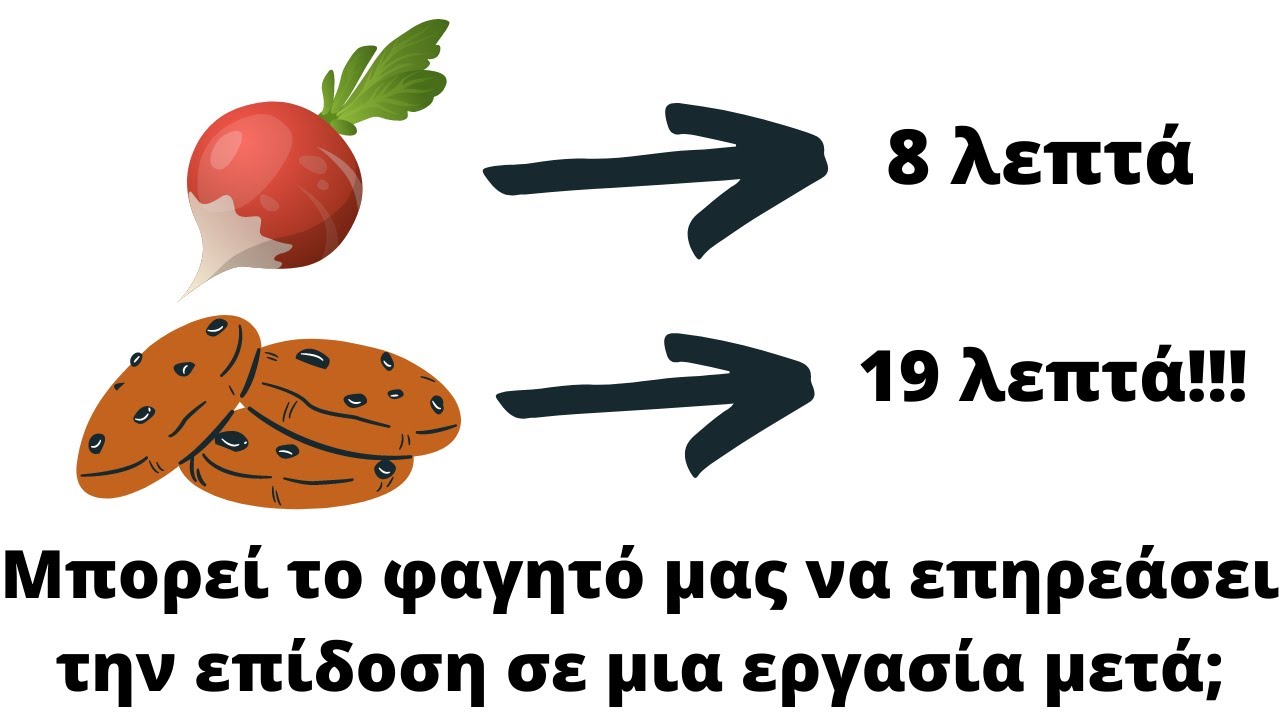

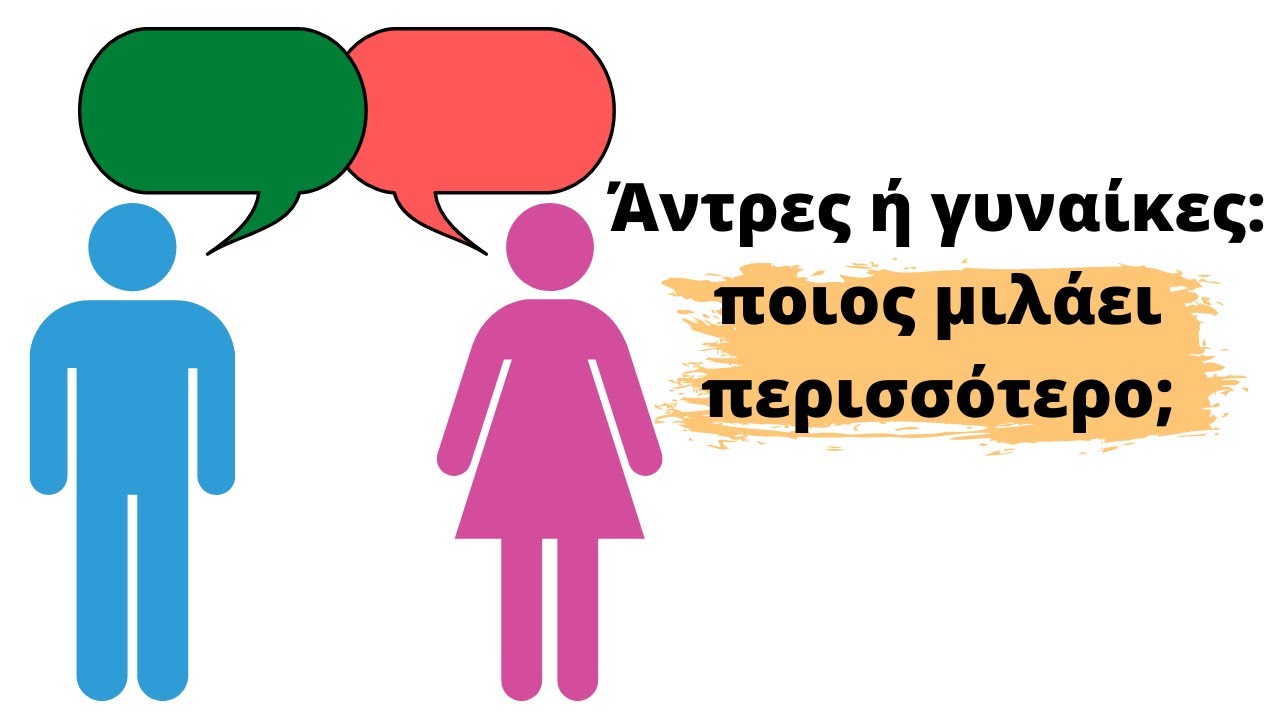



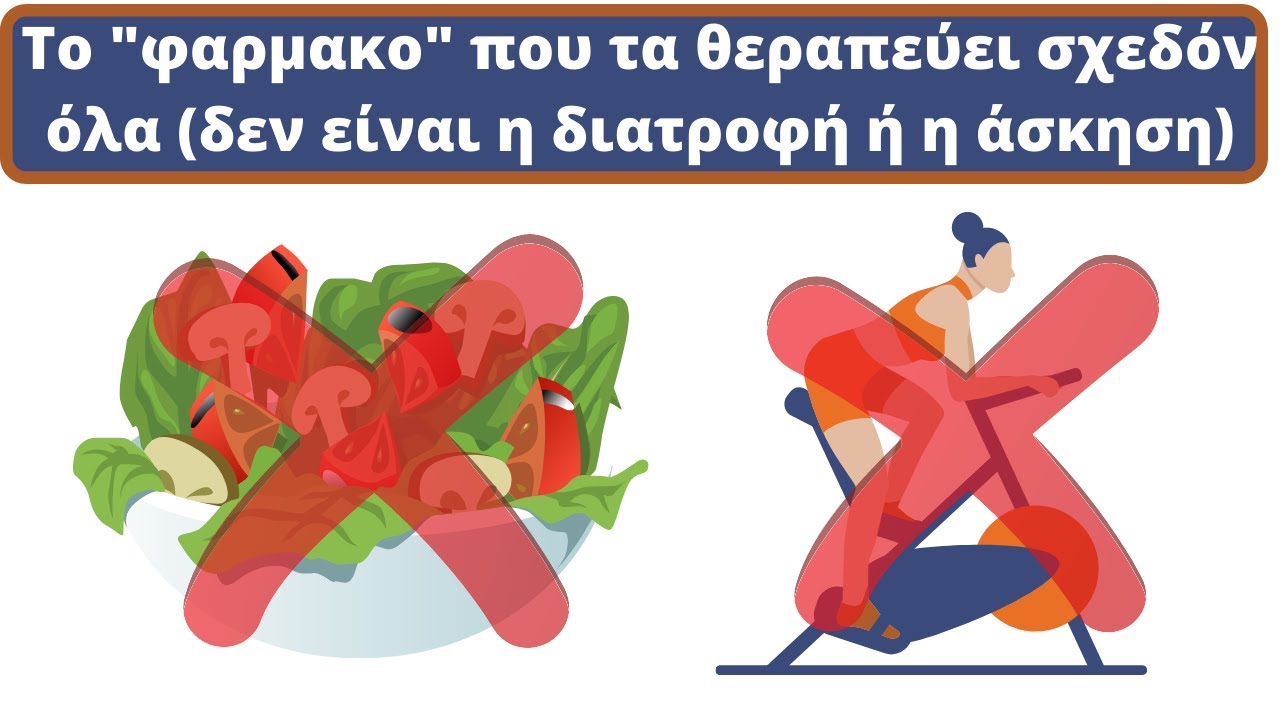
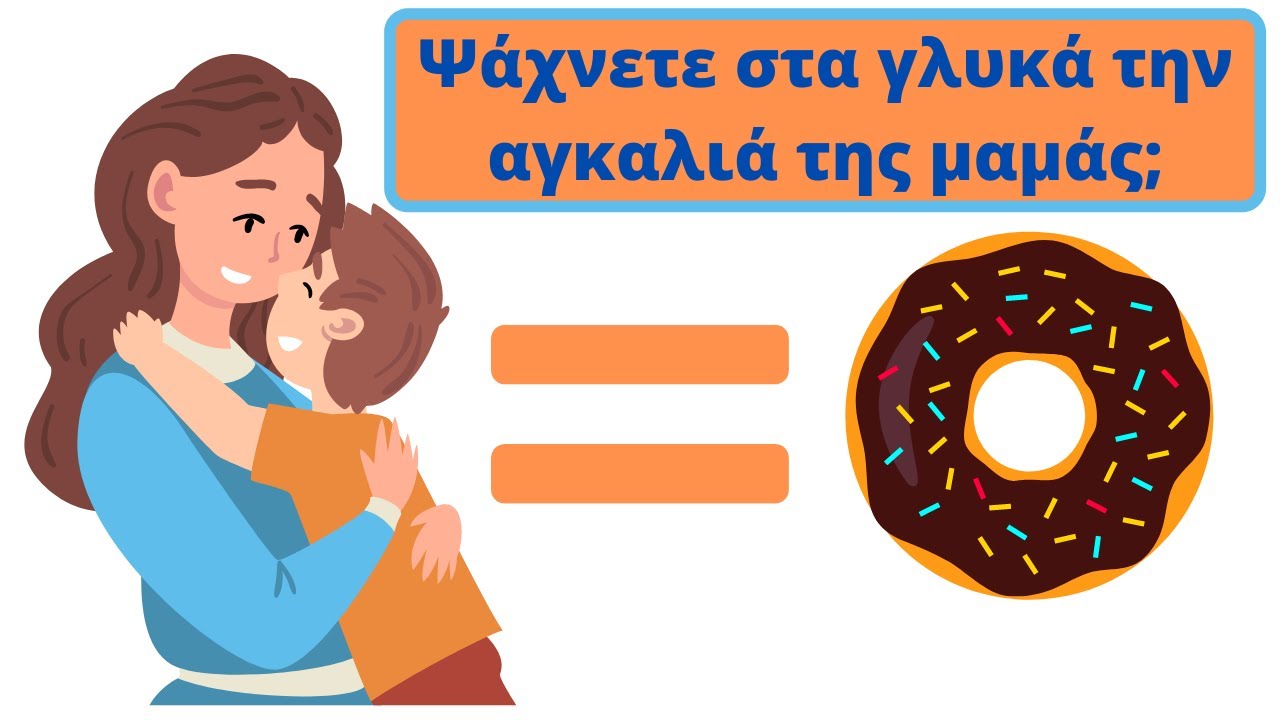


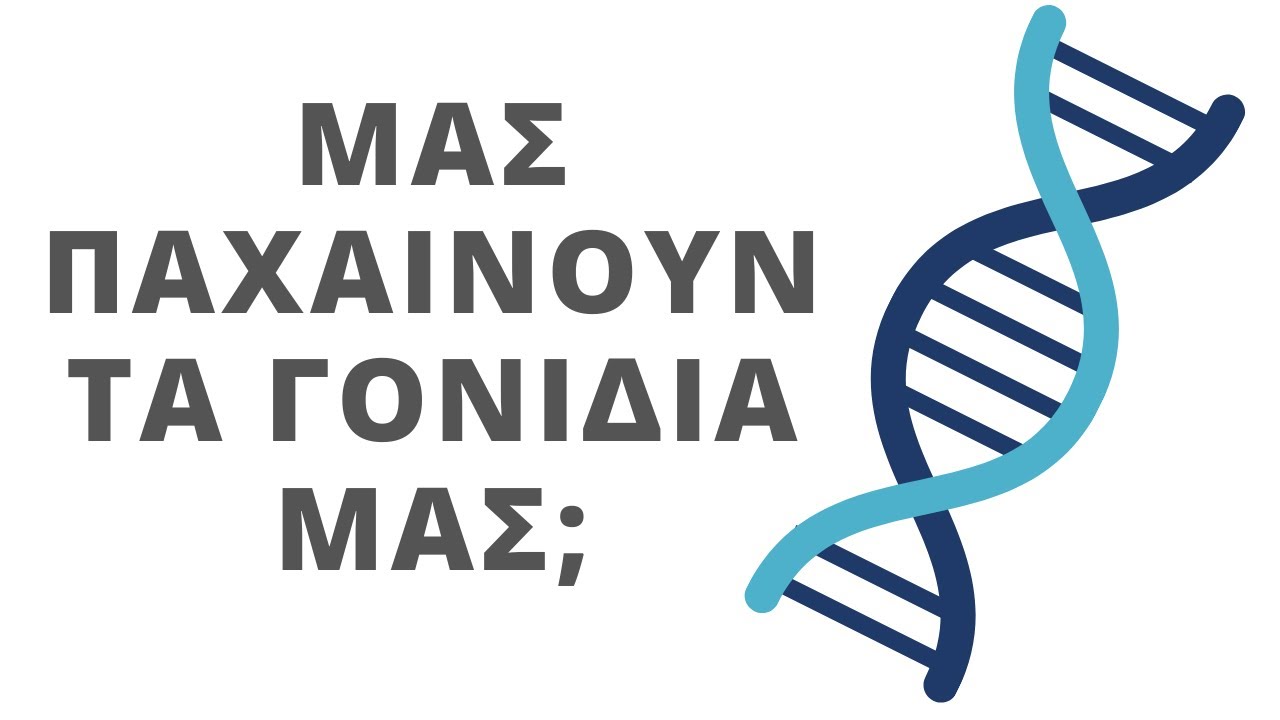
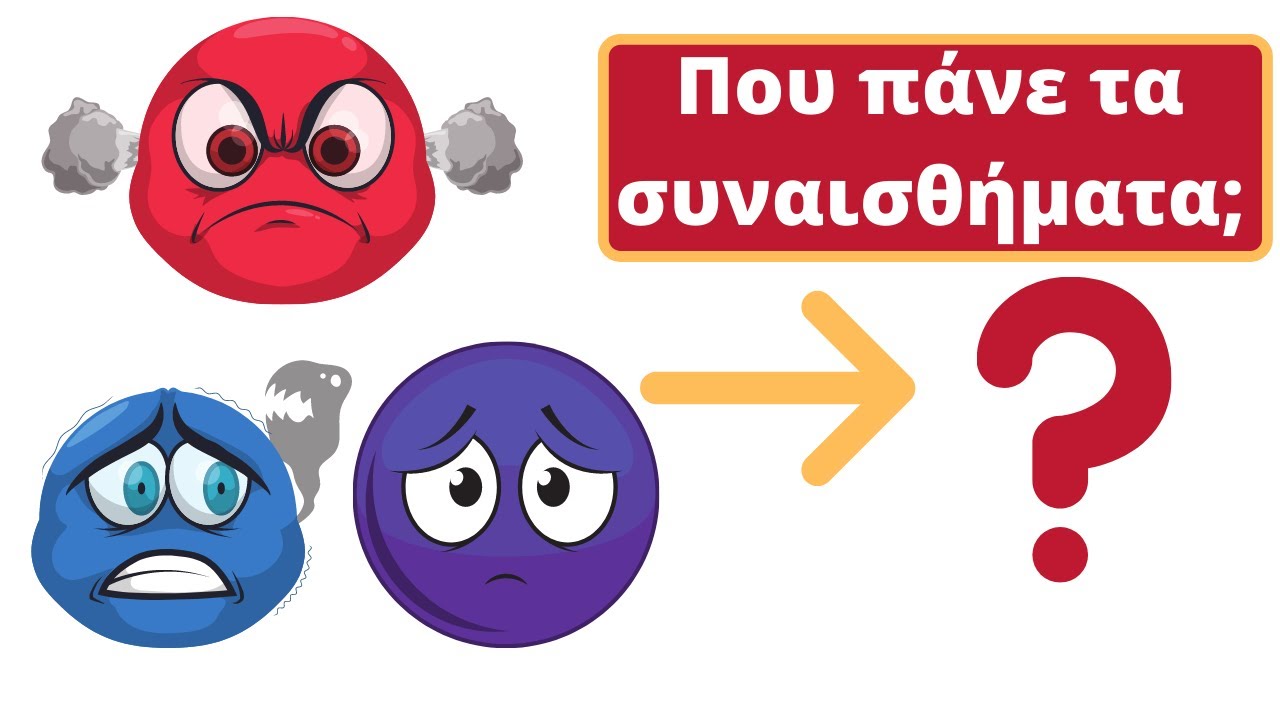
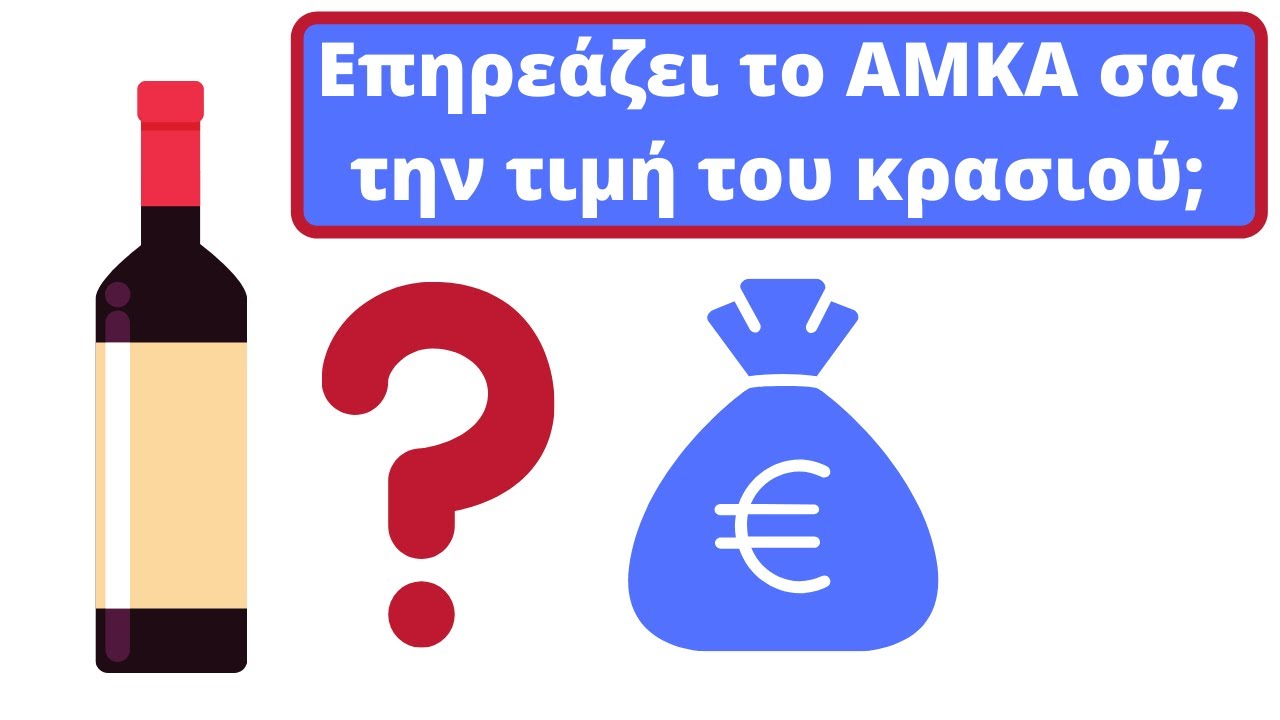
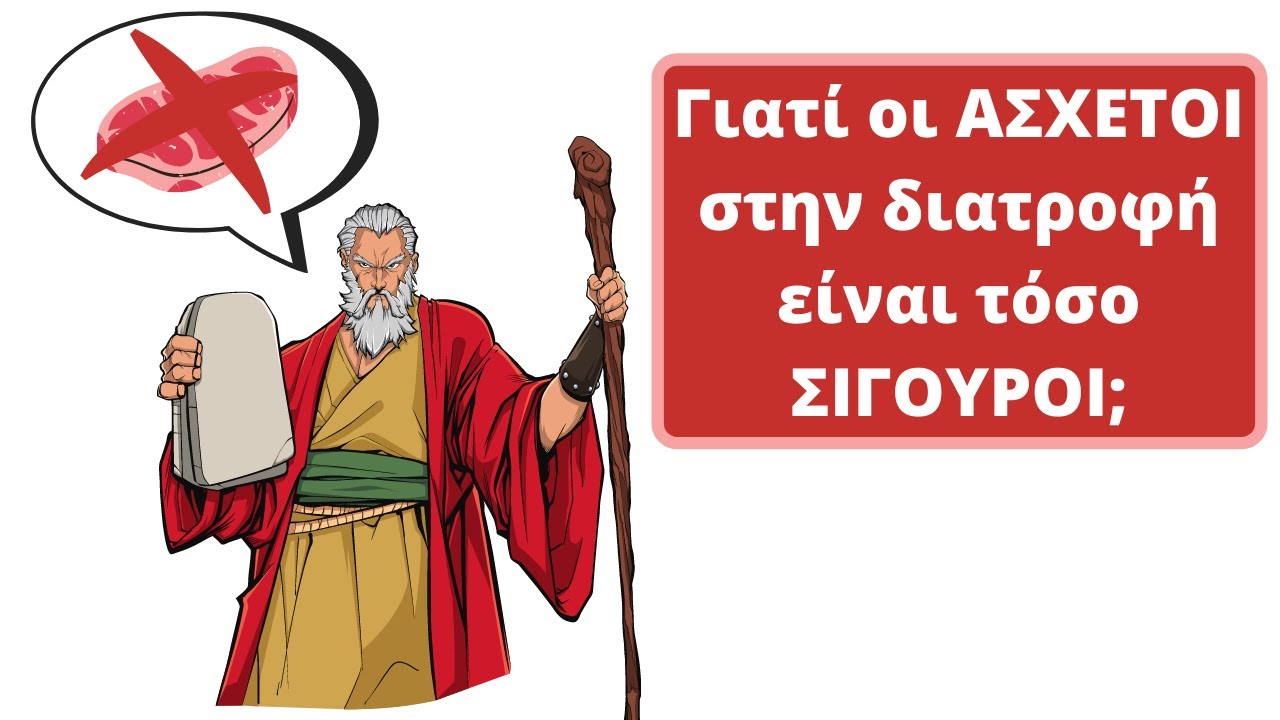

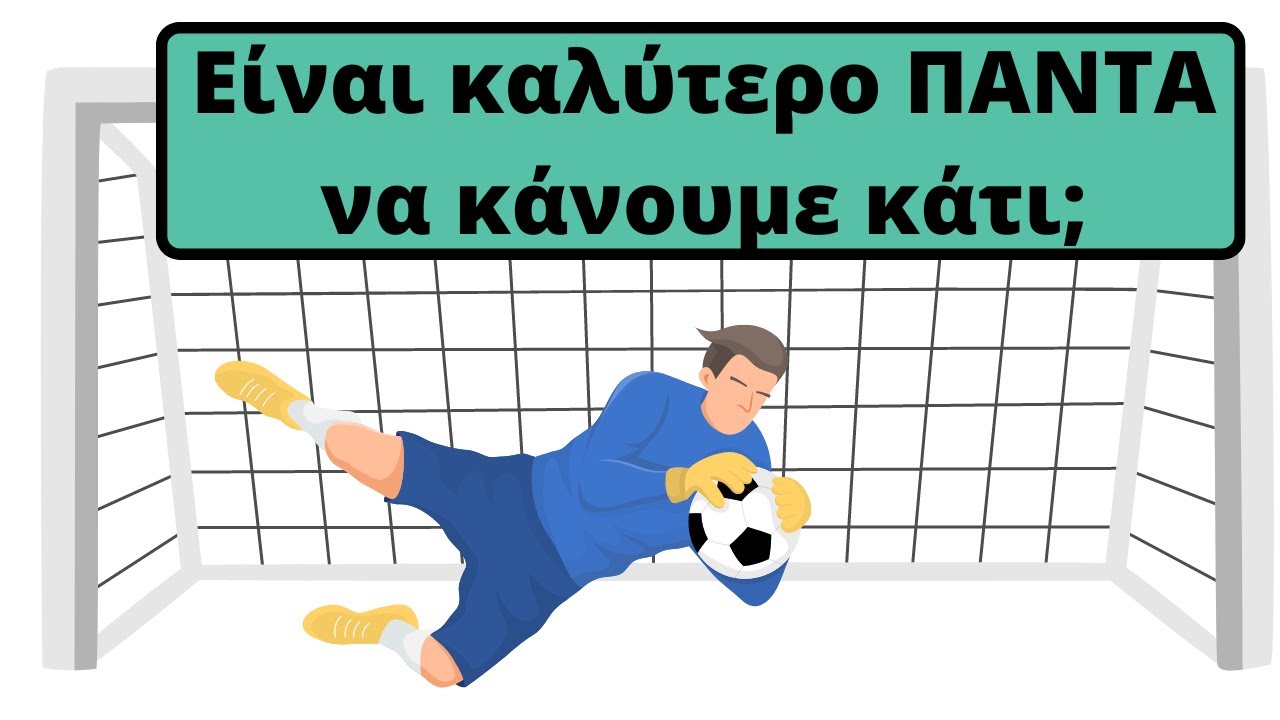


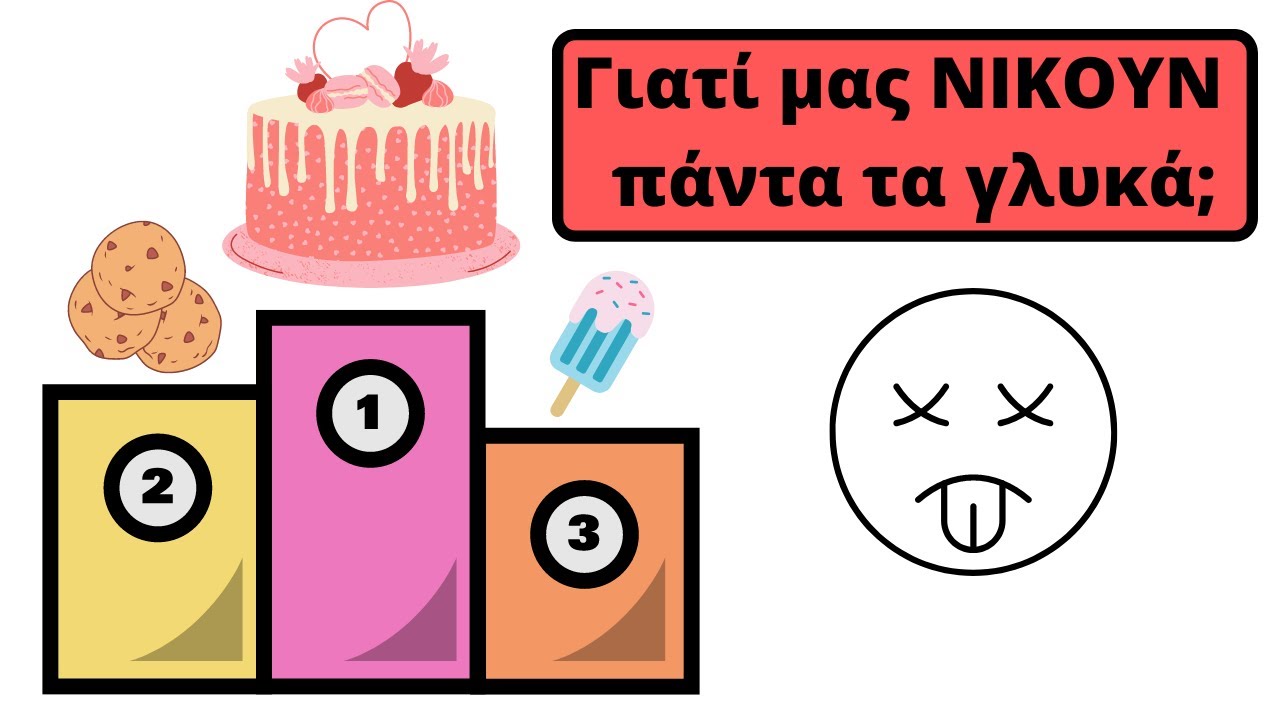

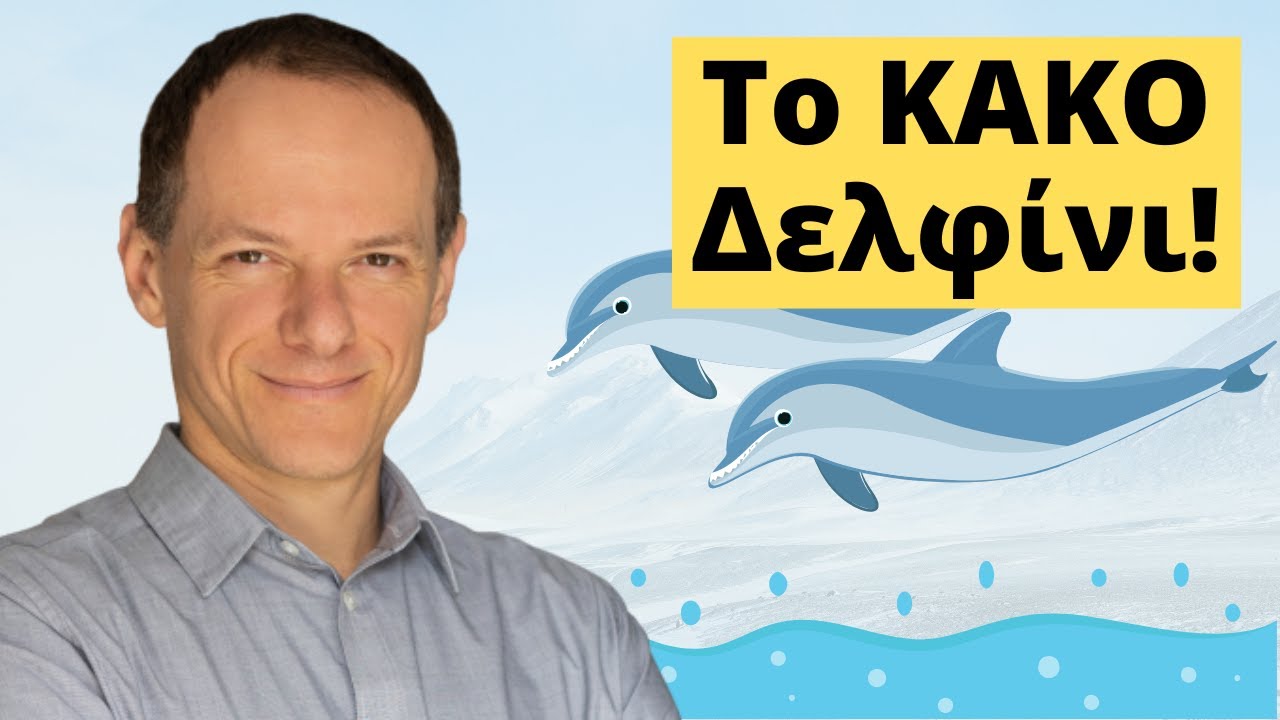
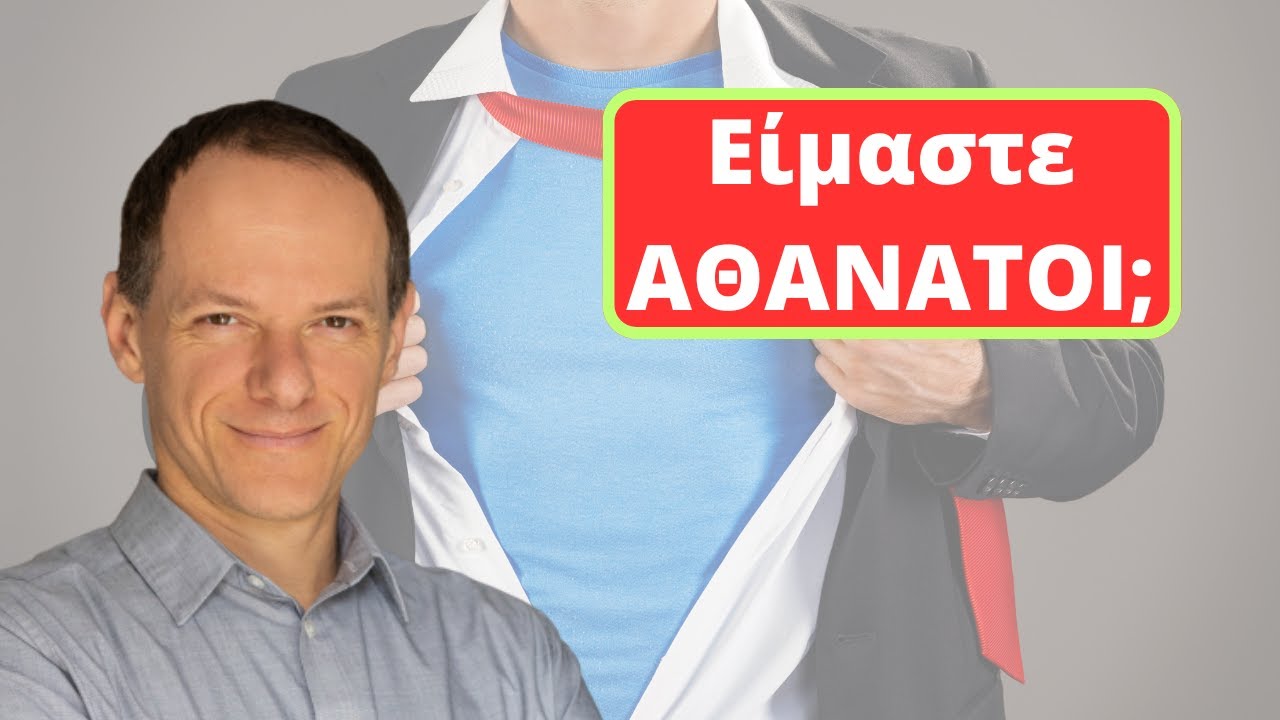

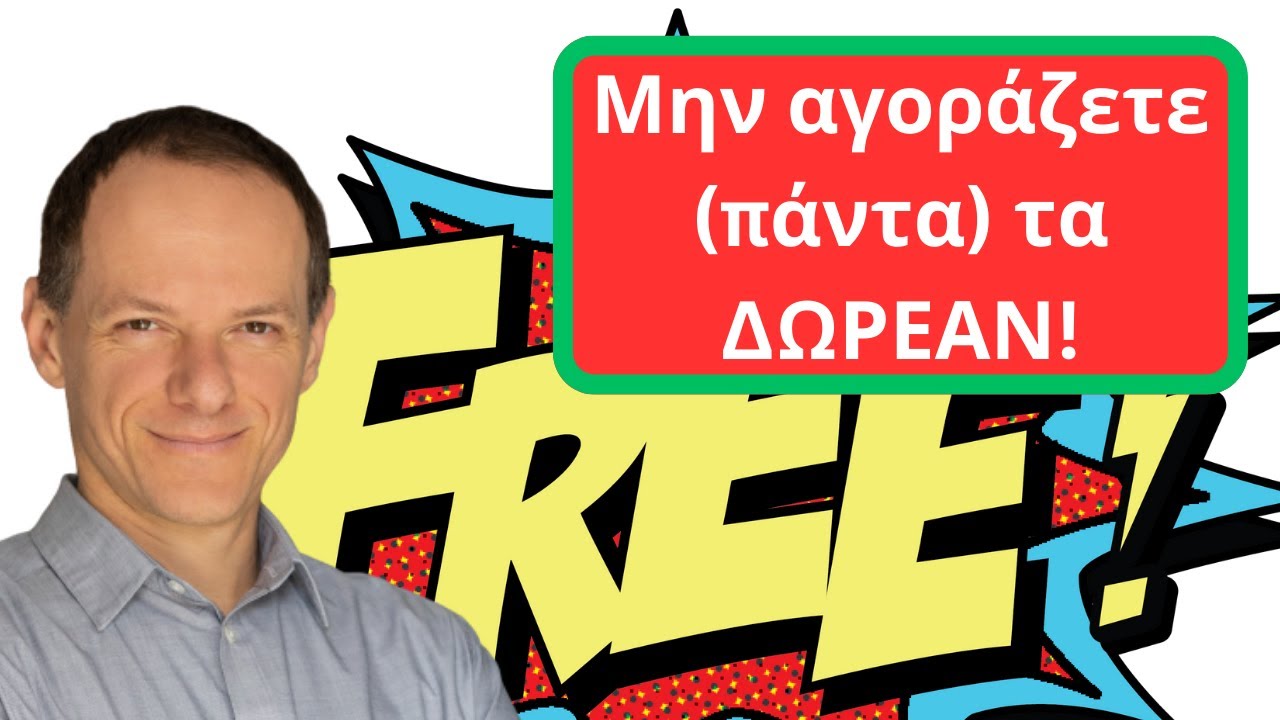
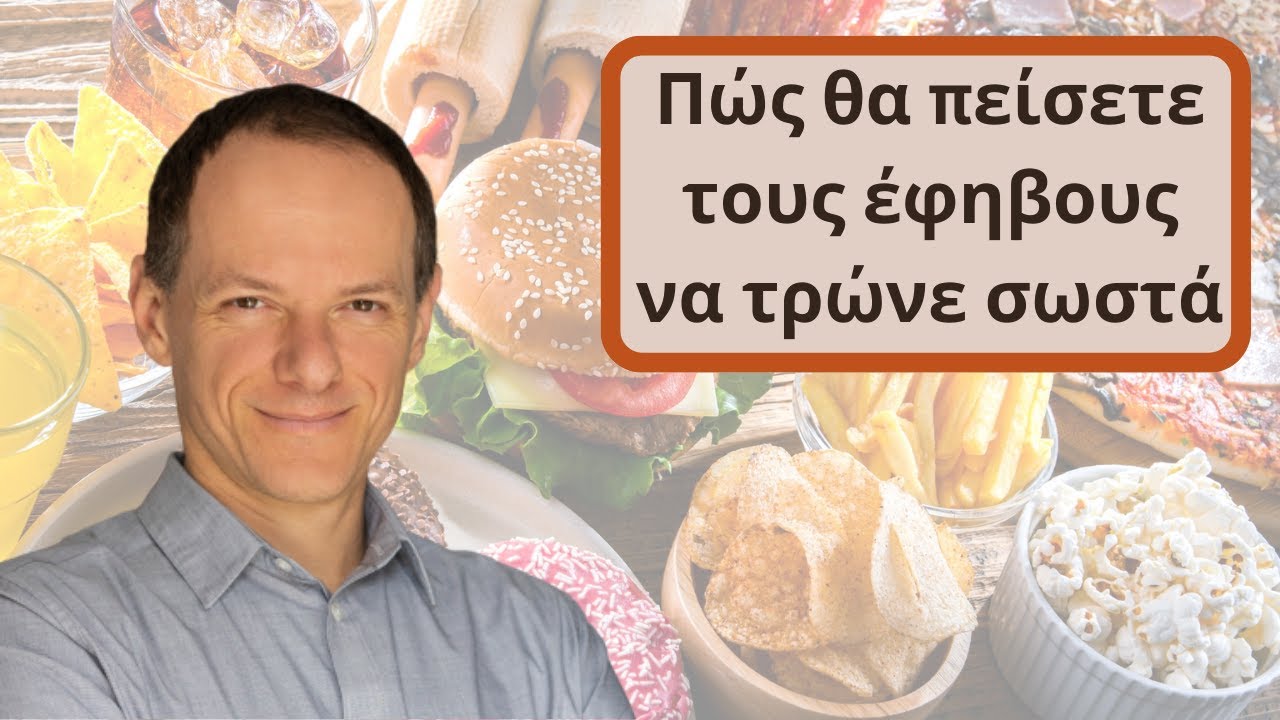
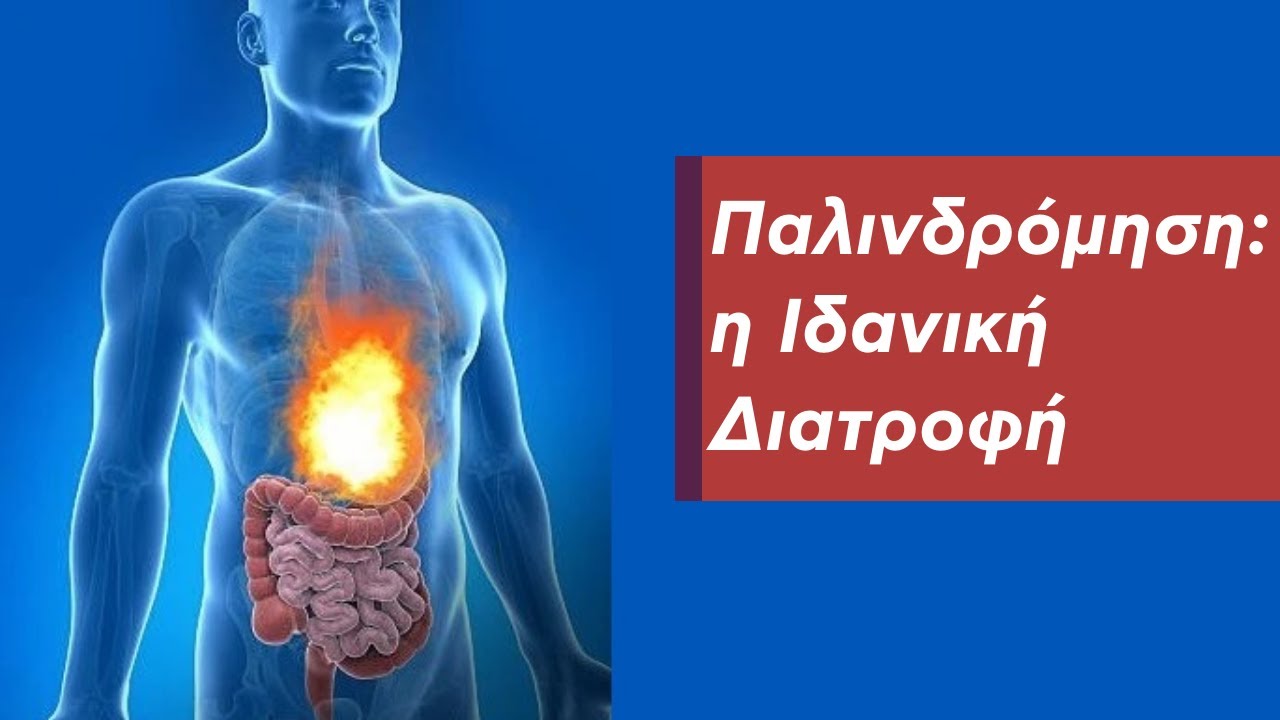


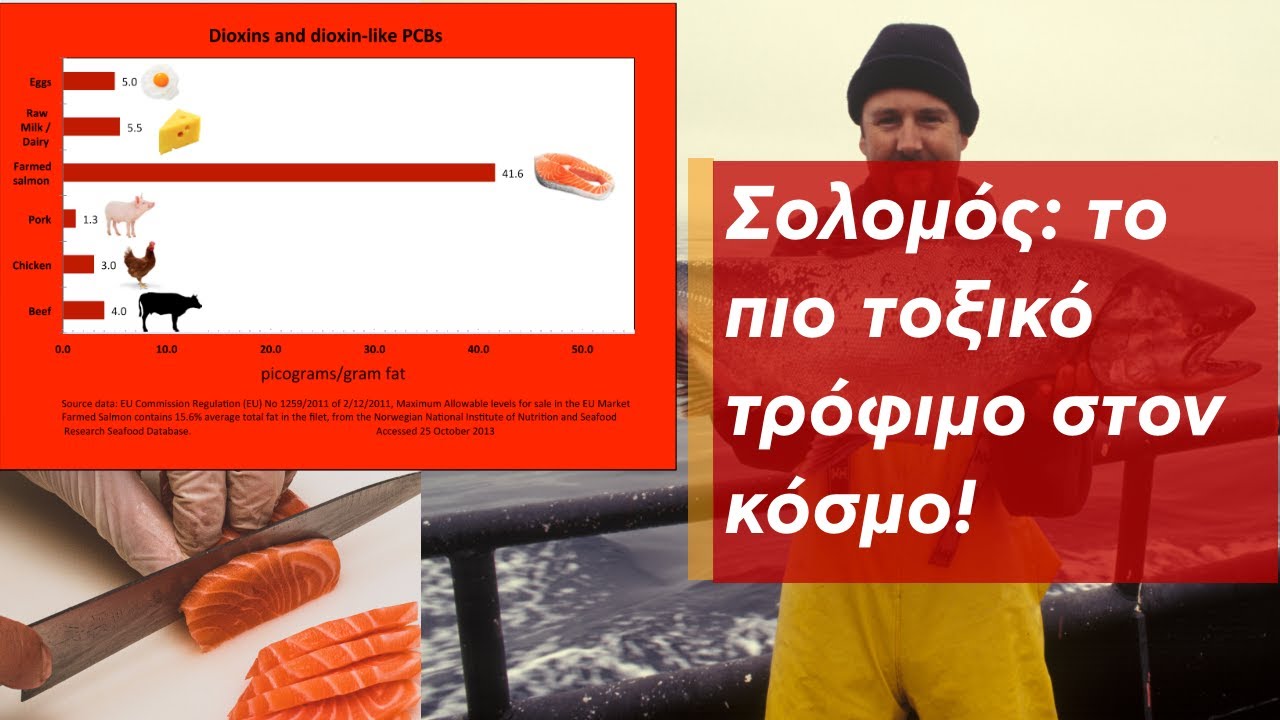

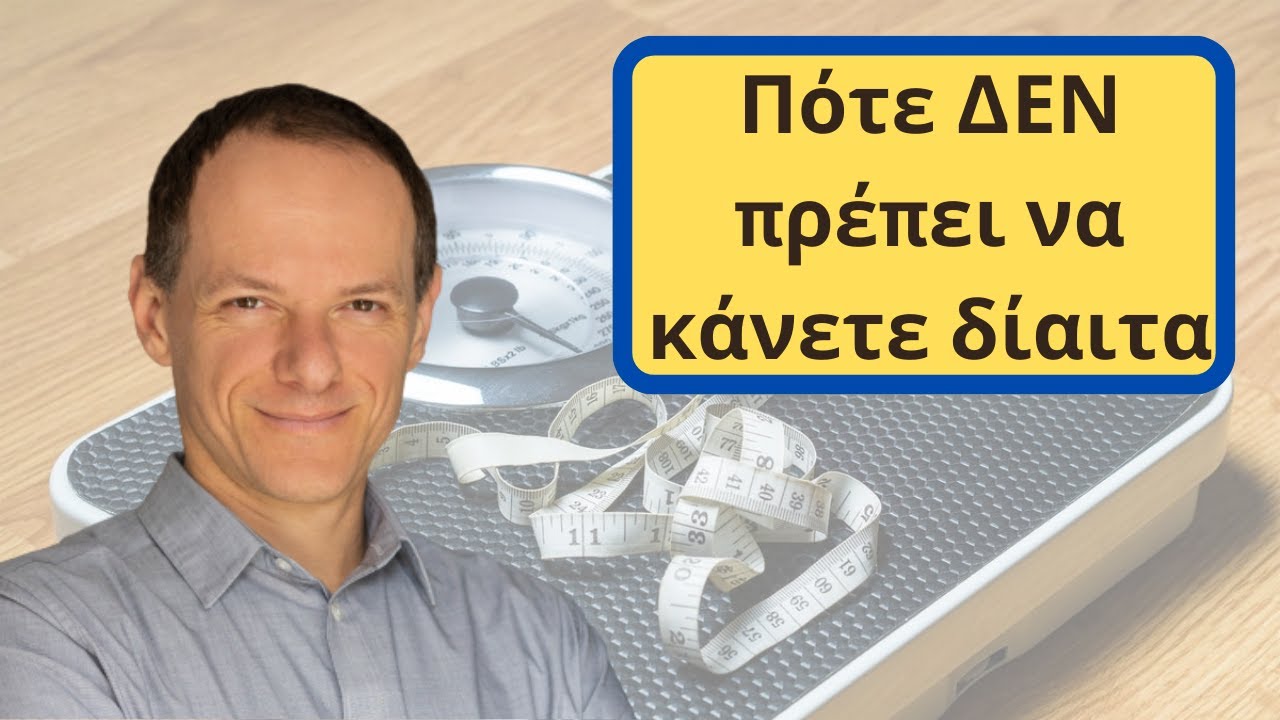


0 Σχόλια